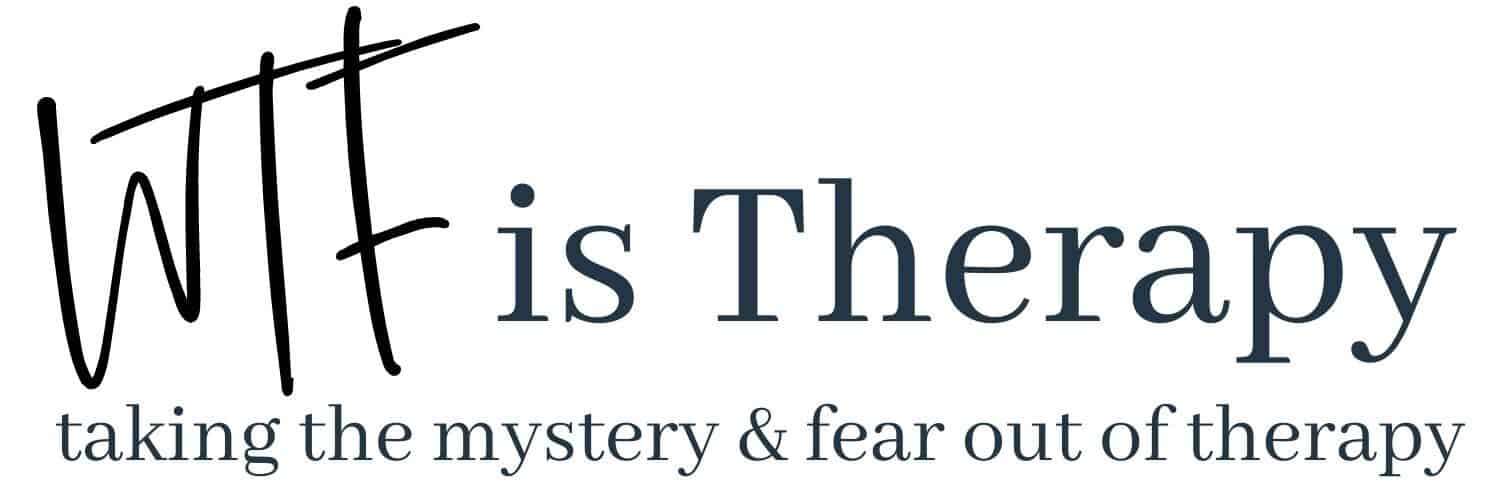
What to expect at your first psychotherapy appointment with a new therapist. Here are the things that you’ll need to bring and what you need to address.
This website is not here to offer psychiatric or therapy services or advice. If you have a psychiatric or medical emergency, please contact 911 or go to your nearest emergency room. This website is for educational purposes only. See my full legal disclosures here. All names and stories mentioned are fictional.
This site may include affiliate links for Amazon and other sites to relevant products. If you make a purchase using these links, the site receives a commission on the purchase.
Your First Therapy Session
Usually when you have your first session with a psychotherapist, they do an “intake” and collect your history. You’ll also fill out paperwork; most therapists will have paperwork for insurance coverage, intake paperwork with your contact information and other pertinent info, an explanation of their missed session policy, and other legal paperwork.
They will be able to make recommendations about if you should see a psychiatrist as well. They can tell you if you should see a medical provider for additional testing- some physical health problems can cause medical symptoms.
What to Bring
You should bring a few things to your first session.
- Any paperwork that they asked you to print and fill out in advance.
- Your insurance card
- A photo ID
- A referral if needed
- Any other additional information required by the practice
How to Prepare for Your First Therapy Appointment
Besides collecting the paperwork and identification that the practice requires, you really don’t NEED to prepare for your first therapy session.
Your therapist won’t expect you to!
If you want to prepare and it makes you feel better, you can write down any questions and a list of important things to talk about.
How Long is the First Therapy Appointment?
This is dependent on the practice, but generally you can expect the first appointment to be 45-60 minutes.
What to Expect at the First Therapy Appointment
The first appointment is a lot of paperwork and giving the therapist a background. During the first session, your therapist needs to understand your symptoms well enough to be able to give you a diagnosis.
Why do you need a diagnosis? Honestly- you don’t need a diagnosis in order to get effective therapy. A therapist will treat your symptoms, not your diagnosis.
The problem is that insurance companies require a diagnosis so your sessions will be covered. Usually the therapist has a few sessions before they have to submit a diagnosis code.
Just because you need a diagnosis doesn’t mean you’ll be diagnosed with something big though! Most people know about depression, anxiety, bipolar disorder, and schizophrenia.
The DSM V, the current diagnostic manual, has nearly 1000 pages of possible diagnoses. Those diagnoses range from “Phase of Life Problem” to “Parent-Child Relational Problem” to the more serious diagnoses.
What does “Intake” Mean?
An intake is just a general collection of information. The therapist may ask you questions about your family of origin, your job, and your hobbies. They’ll want to know about any medication you take and if you have any medical problems.
Most important, they want to know how you FEEL. Not “hey how does that make you feel?”
They want to know if you’ve been sad a lot, angry, worried, etc.
They want to know WHAT motivated you to see a therapist.
How are you sleeping? Do you smoke? How is your appetite? Do you use drugs? How much do you drink alcohol? Do you drink four pots of coffee a day?
Have you ever been physically, emotionally or sexually abused?
These are the type of questions to expect. If you’re worried about talking about a particular topic, remember that it’s important for your therapist to have all of the information.
You can always write it down in advance and let your therapist know you would like to address harder topics in later appointments, once you’re more comfortable.
Next post: Understanding Your Therapy Paperwork
